Ryan Guild is a Postdoctoral Research Fellow with expertise in climate change impacts, ecological risk assessment, and geospatial analysis. His doctoral research at the Canadian Centre for Climate Change & Adaptation focused on the vulnerability of endangered piping plovers and their coastal habitats on Prince Edward Island. Through an interdisciplinary, five-chapter thesis, Ryan integrated species monitoring records, exposure models, and habitat change detection to support conservation planning in collaboration with Parks Canada and Island Nature Trust. His work combined remote sensing, field surveys, and spatiotemporal statistical modelling (GLMMs, R-INLA) to assess how coastal geomorphology, storm damage, and climate change influence reproductive outcomes and habitat resilience.
Ryan also developed applied tools to support decision-making, including a 3D GIS-based flood risk visualization tool using LiDAR, drone imagery, and tidal simulations to identify microhabitats at risk of inundation. His research has resulted in peer-reviewed publications spanning ecology, remote sensing, and coastal change, and has been recognized with multiple presentation and academic awards. Ryan has experience in stakeholder engagement, curriculum development, and science communication, having taught courses on environmental impact assessment and climate change impacts on biodiversity. His goal is to make complex environmental data more accessible and intuitive for use in conservation and planning.

Here in the Climate Smart Lab, we are a group of people developing sustainable climate solutions with cutting-edge technologies to help build climate-resilient communities. Collectively, we are working together with experts from all disciplines to build a climate-smart future for the next generation and many generations to come.